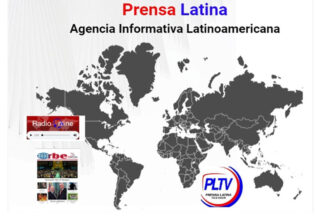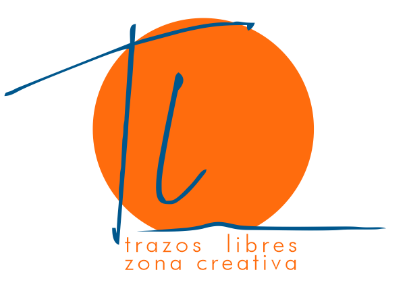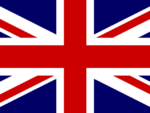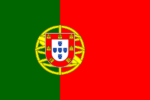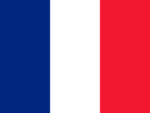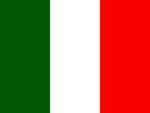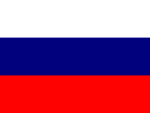Declaring the Plurinational State in 2010 through Decree 405, the Morales administration implemented laws in favor of native indigenous peoples marginalized during the neoliberal years (1999-2005) and regulations for social and economic development recognized by international organizations such as the United Nations (UN).
The leader of the Six Federations of the Tropic of Cochabamba, Segundina Orellana, stated that they held a vigil in Villa Tunari to reject the Exceptional Law for the Extension of the Constitutional Mandate of Elected Authorities enacted on Monday by the self-proclaimed President Jeanine Añez.
Orellana emphasized that the Añez administration concludes on January 22, she described as an insult the accusations of sedition against leaders and social organizations related to the Movement for Socialism (MAS) of the de facto government.
Likewise, she set out that the vigil also defends community radio stations threatened by the coup authorities.
According to UN data, there are at least 5,000 indigenous groups made up of some 370 million people, living in over 70 countries.
In Bolivia, there are 36 indigenous peoples, native peasants, whose rights are recognized in the Political Constitution of the State, enacted in 2009 by President Evo Morales.
mh/omr/tgj/nmr


